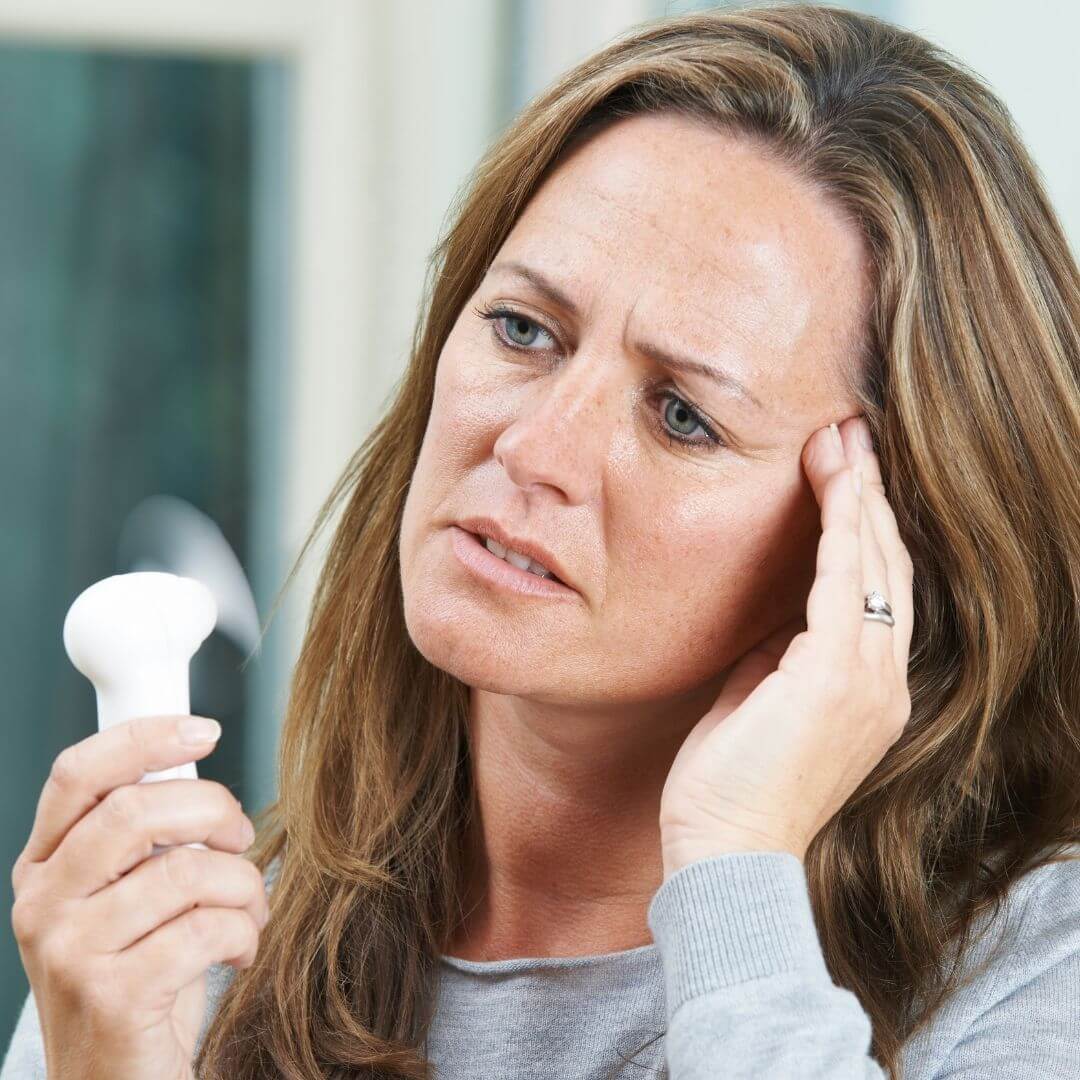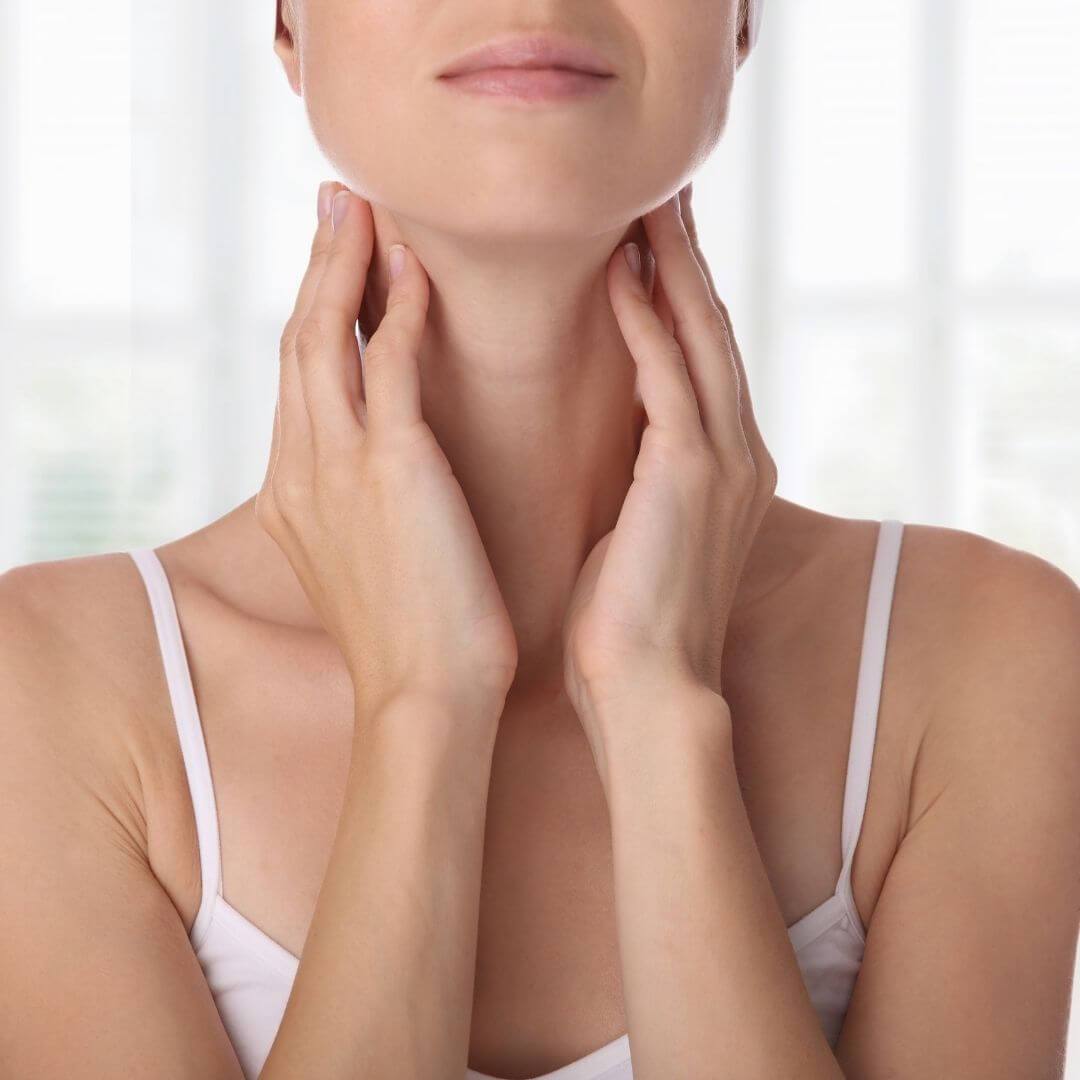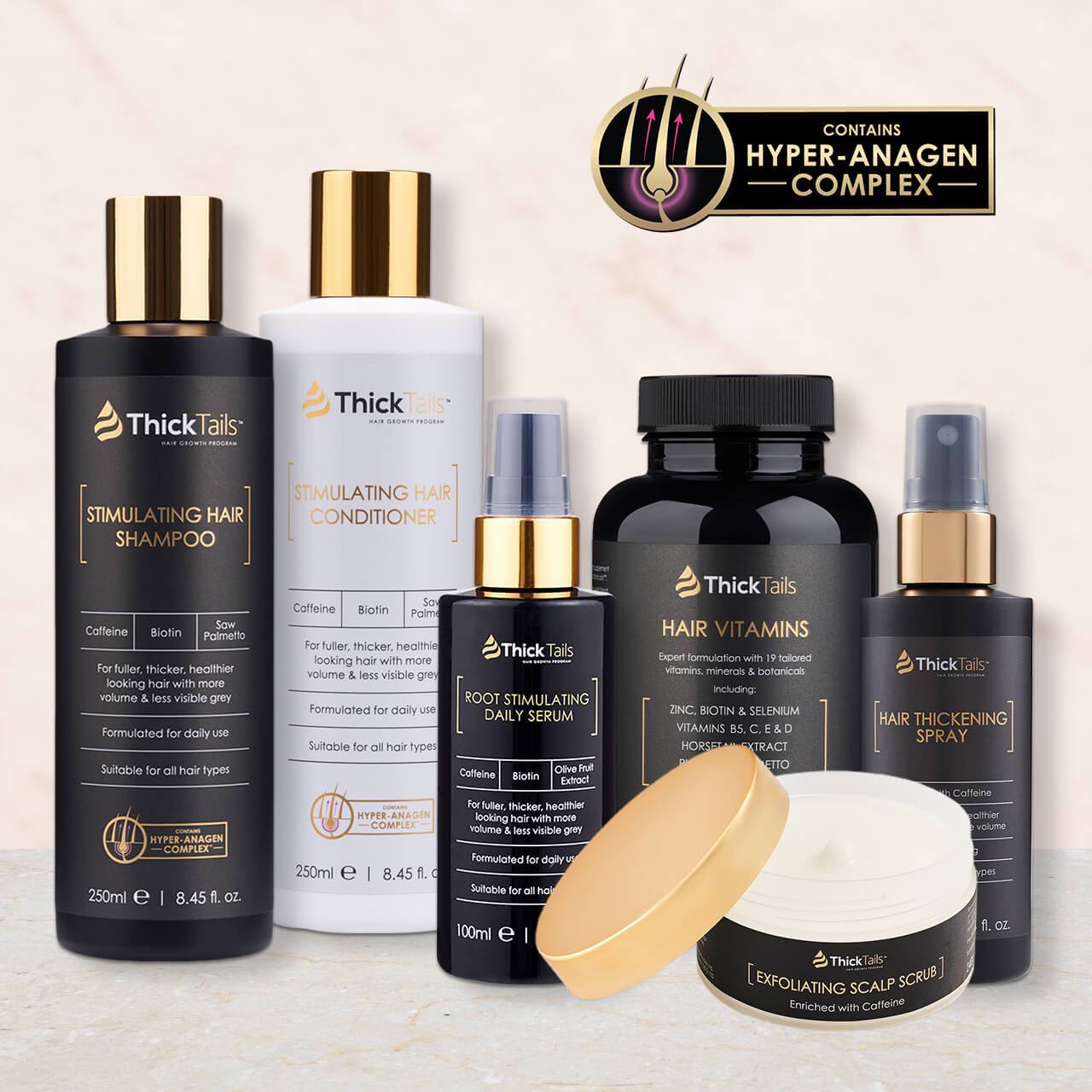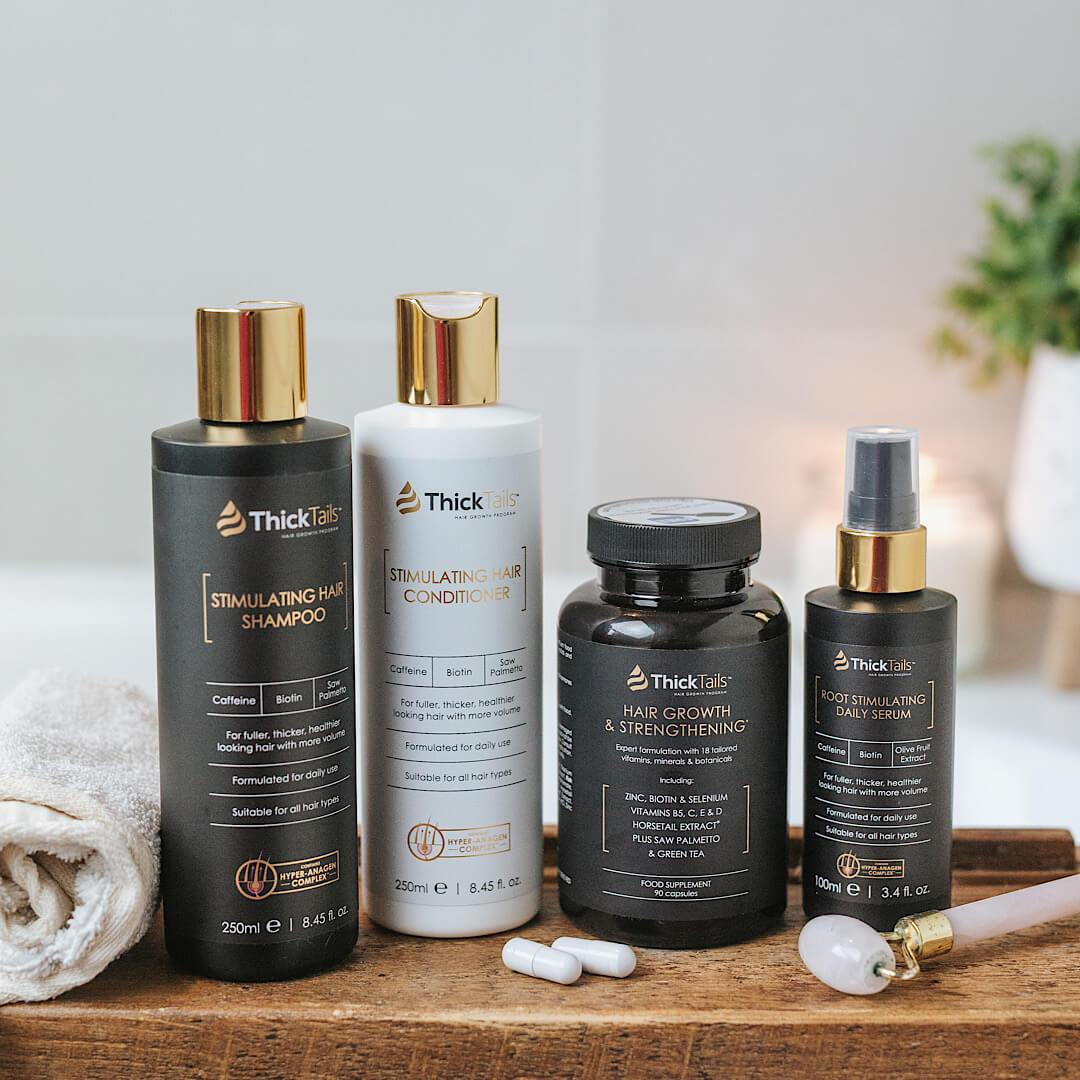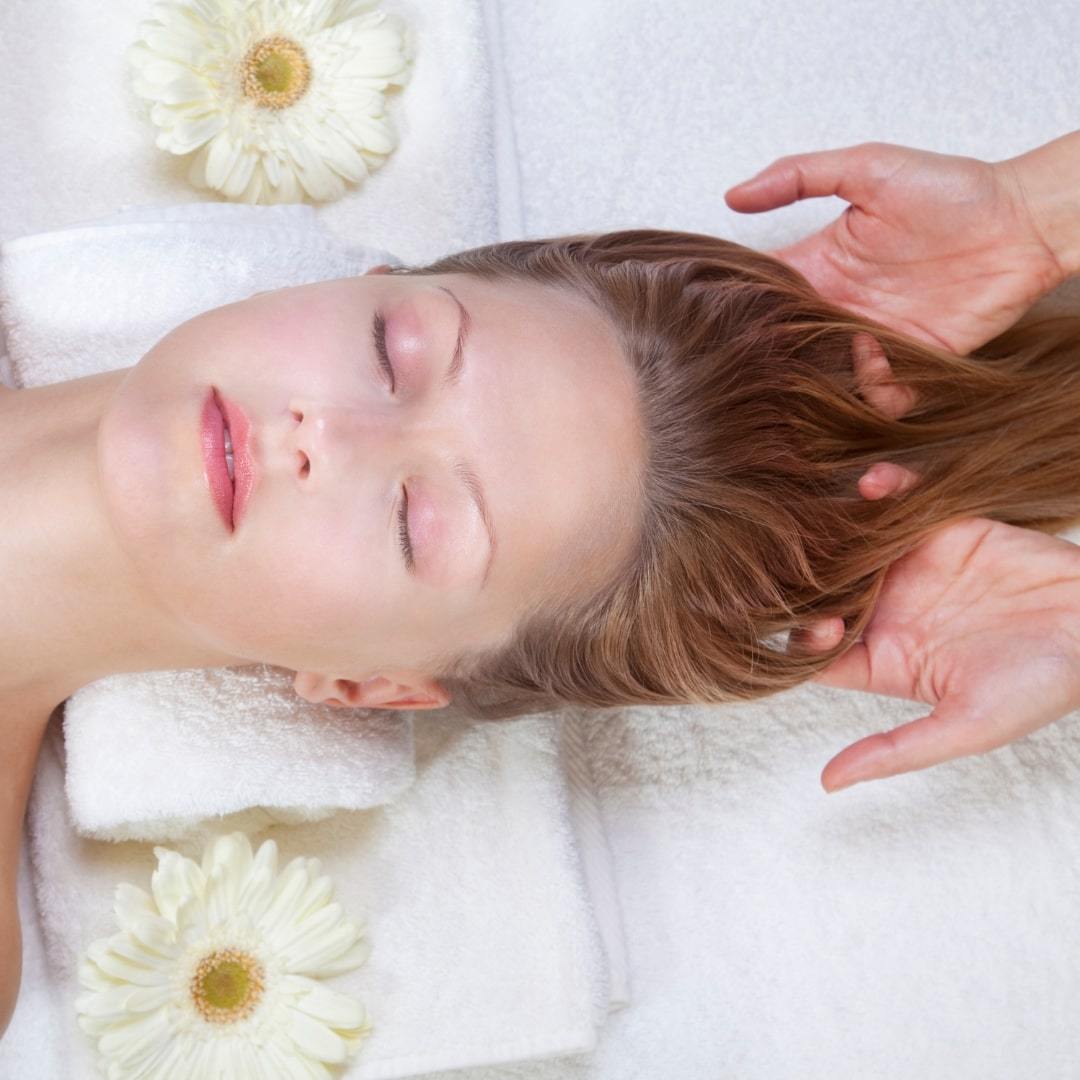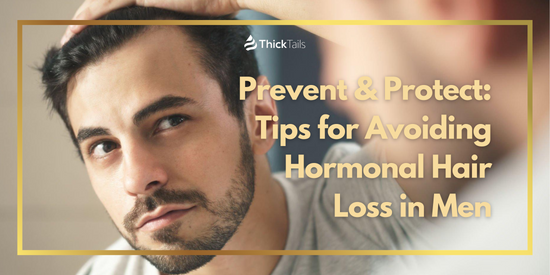As men, our hair is an integral part of our identity and self-expression. It can be a source of confidence and pride, but for those who struggle with hair loss, it can also be a major source of insecurity and frustration. Whether you have experienced hair thinning, receding hairline, or bald patches, the reality is that male pattern baldness affects almost 50 million men in the United States alone. And while some may see it as an inevitable part of aging, there are actually several strategies that can help prevent and slow down hair loss in men. In this blog post, we will explore these strategies in-depth and provide actionable tips to help you maintain a healthy head of hair and boost your confidence along the way. So if you're tired of seeing clumps of hair on your brush or feeling self-conscious about your appearance due to thinning locks, keep reading because we've got you covered!
I. Unveiling the Causes of Male Hair Loss

Male hair loss is a condition that is often shrouded in myths and misconceptions. However, getting to the root of the issue can help men make informed decisions on how to deal with it. There are a few factors that can cause male hair loss, and these include genetics, a hormonal imbalance, or a medical condition. Inherited genes can lead to male pattern baldness, which affects millions of men worldwide. Hormonal imbalances, on the other hand, can cause hair loss when the male hormone testosterone is converted into dihydrotestosterone (DHT), which can damage hair follicles. Some medical conditions, such as alopecia areata, can also result in hair loss in men. By understanding the underlying causes of male hair loss, individuals can take action to address it and improve their confidence and overall quality of life.
a. Genetic Predisposition and Androgenetic Alopecia
Androgenetic alopecia, commonly known as male pattern baldness, is a condition that affects a significant percentage of men worldwide. While age and hormonal changes play a role in hair loss, recent studies have shown that genetics, more specifically the presence of certain genes, also plays a crucial role in determining if an individual will experience androgenetic alopecia. Understanding the genetic predisposition to the condition is critical in developing effective treatments and preventing hair loss. By identifying individuals at risk based on their genetic makeup, medical professionals can create personalized treatment plans to combat hair loss and ultimately improve the quality of life of those affected by androgenetic alopecia.
b. Hormonal Factors: Testosterone and DHT
Hormonal factors such as testosterone and dihydrotestosterone (DHT) play a significant role in male hair loss. Testosterone is converted into DHT by the enzyme 5-alpha reductase, which then causes the hair follicles to shrink, making them vulnerable to hair fall. DHT also shortens the hair growth cycle, leading to thinning and eventual balding. While women also have testosterone in their bodies, it is typically present in lower levels, which explains why hair loss is more common in men. Understanding the hormonal factors that contribute to hair loss is crucial in finding effective treatment options.
c. Environmental and Lifestyle Triggers
Hair loss is a common condition among men, and it can be caused by a variety of environmental and lifestyle triggers. Some of the most common triggers include exposure to pollutants, harsh chemicals, and toxins. In addition, poor nutrition, stress, and lack of sleep can also play a role in hair fall. Understanding these triggers is the first step in developing a comprehensive hair loss prevention plan. By avoiding these triggers and adopting healthy lifestyle habits, men can improve the health of their hair and minimize the risk of hair fall. It's important to remember that hair loss is a complex issue, and there's no one size fits all solution. However, with the right approach, it's possible to slow down the rate of hair loss and promote healthier, stronger hair.
II. Lifestyle and Dietary Solutions
Hair loss is a common issue among men, and it can be stressful to lose hair as it affects their appearance and self-esteem. While there are various treatments available on the market, including hair implants and medications, lifestyle and dietary solutions can also play a crucial role. Studies have shown that a diet rich in vitamins and minerals, particularly iron and zinc, can promote hair health and reduce hair loss. Additionally, avoiding tight hairstyles and using fewer hair products can also minimize hair loss. Along with a proper hair care routine, incorporating lifestyle and dietary solutions can help combat hair loss and promote healthy hair growth.
a. Crafting a Hair-Healthy Lifestyle
Maintaining healthy, strong hair can be a challenge, especially as we age. Thankfully, there are many ways to create a hair-healthy lifestyle, and it all starts with proper nutrition. Hair supplements, like biotin and vitamin C, can provide the necessary vitamins and minerals for healthy hair growth. Additionally, avoiding harsh chemicals and using a gentle shampoo and conditioner can help prevent hair loss and breakage. It's also important to protect your hair from heat damage by using a heat protectant spray and limiting heat-styling tools. By taking a holistic approach to hair care, you can ensure that your locks are always looking their best and feeling their healthiest.
b. Nutritional Strategies for Hair Strength
Maintaining strong and healthy hair is not just about the products you use on the outside. It's equally important to focus on the inside. Nutritional strategies can significantly improve hair strength and quality. While it's essential to use a gentle shampoo and conditioner, adding a serum and hair supplement to your haircare routine can also make a significant difference. Biotin, collagen, and omega-3 fatty acids are all critical nutrients that contribute to healthy hair. Incorporating nutrient-rich foods like leafy greens, nuts, and eggs into your diet can further enhance hair health. With the right balance of internal and external care, achieving strong and lustrous locks is within reach.
c. The Role of Exercise and Stress Management
Hair loss is a common issue that affects many men. While there are various factors that contribute to hair loss, research has shown that stress levels can play a significant role. This is where exercise and stress management come in. Engaging in regular physical activity can help reduce stress levels, leading to improved overall health and potentially lesser hair loss in men. Additionally, practicing stress management techniques such as mindfulness meditation or deep breathing exercises can have a positive impact on hair growth. By focusing on exercise and stress management, men can take an active approach to combatting hair loss and promoting better physical and mental well-being.
III. Advanced Interventions and Therapies

Advanced interventions and therapies are becoming increasingly important in the medical field, providing new options for patients facing complex health challenges. These interventions go beyond traditional treatments and may include cutting-edge procedures, experimental therapies, and personalized treatment plans based on a patient's unique needs. From precision medicine to gene therapy, these advanced interventions have the potential to revolutionize healthcare and improve patient outcomes in powerful and meaningful ways. Patients and healthcare providers alike are eager to explore these exciting new options and expand the boundaries of what is possible in medical care. By continuing to invest in research and development, we can unlock the full potential of these interventions and open up a new frontier in healthcare innovation.
a. Professional Treatments for Hair Loss
Hair loss is a common condition that affects individuals of all ages and genders. While there are several over-the-counter products and home remedies for hair loss, seeking professional treatments may be the best course of action for those struggling with this issue. There are several options available, including hair transplantation, scalp reduction, and micro pigmentation. Hair transplantation involves removing individual hair follicles from a donor site and transplanting them into the area of hair loss. Scalp reduction involves removing non-hair-bearing skin from the scalp and stretching the hair-bearing skin to cover the bald area. Micro pigmentation involves tattooing tiny dots on the scalp to mimic the appearance of hair follicles. Each treatment option has its own benefits and potential risks, and it is essential to consult with a qualified professional to determine the most appropriate treatment for your particular situation.
b. Novel Therapies and Emerging Technologies
As research on novel therapies and emerging technologies advances, the beauty industry is seeing a rise in innovative hair care products. Among the most popular are hair supplements, which provide essential nutrients for healthy hair growth. In addition to supplements, companies have also developed advanced shampoos and conditioners that use cutting-edge technology to strengthen and revitalize hair. Another exciting product that has become increasingly prevalent is hair serum, which is designed to nourish and protect hair from environmental damage. With these innovative advancements in hair care, consumers have access to a wide variety of offerings to support happy and healthy hair.
c. Holistic Approaches to Hair Loss Management
Hair loss can be a stressful experience for anyone, especially for men. However, there are holistic approaches to managing this issue that can help boost hair growth and overall scalp health. One essential tip is to choose a sulfate-free shampoo and conditioner that contains natural ingredients like biotin, rosemary, and tea tree oil. These ingredients can stimulate hair growth and reduce inflammation on the scalp. Another helpful tool is the use of a serum or oil that contains ingredients like castor oil, Argan oil, and Vitamin E. These ingredients work to strengthen hair, nourish the scalp, and reduce hair fall. In combination, these holistic approaches to hair loss management can provide a natural and effective solution to help men regain their confidence and a healthier head of hair.
As we reach the end of this blog post, we have delved into the intricate world of male hair loss and explored its many causes, from genetic predisposition to hormonal factors and environmental triggers. We have also discussed various lifestyle changes and dietary solutions that can positively impact hair health, along with advanced interventions such as professional treatments and holistic approaches. It is evident from our research that taking care of one's hair goes beyond just topical treatments, but requires a comprehensive approach to overall health and well-being. So let us pledge together to make positive changes in our lifestyles, nurture our bodies with proper nutrition, manage stress effectively, and explore all available options for maintaining healthy hair. Because after all, the way we take care of ourselves on the inside will inevitably reflect on the outside. Let this be a wake-up call for us all to prioritize our health and strive towards keeping those luscious locks intact! Don't wait any longer – take action now and start implementing these tips into your daily routine for healthier, stronger hair. Your future self (and head of hair) will thank you for it!

